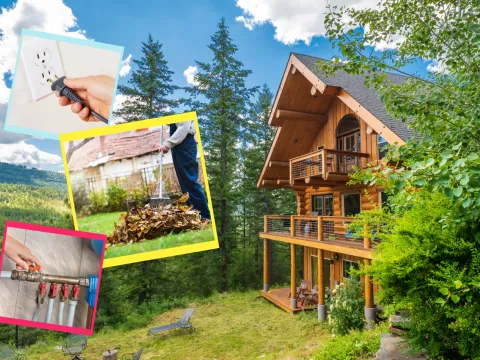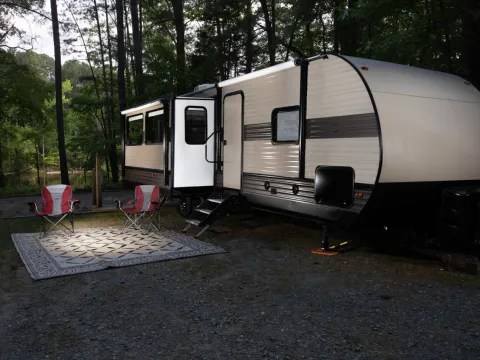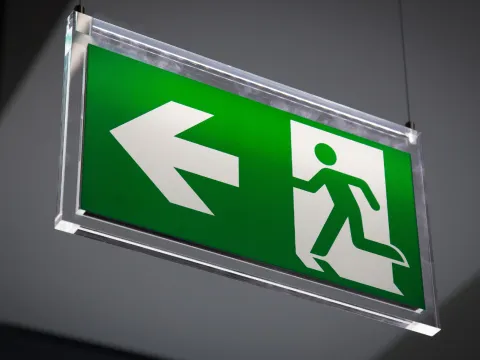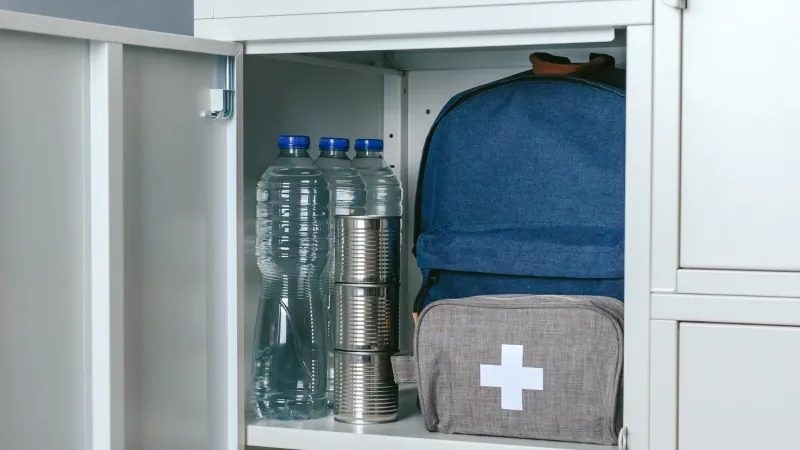
Cabin and Cottage Safety Essentials: Preparing for Emergencies in Remote Locations
Summary
Reading Time
6 min
Cabin, cottage, lake house—no matter what you call your home away from home, it’s surely your own version of paradise. The truth of the matter is that most of the time, your haven is remote, not as easily accessible as your full-time home, or there might even be fewer people around. If this is the case, then your cottage may come with its own set of risks and potential losses than your other home does. So, if you’re one of those people who believe life’s better in the woods and offgrid, then this detailed log is for you. Here are our cabin and cottage safety essentials to make you prepared for any emergency that comes your way.
Fires, floods, power outages, bad weather, or when things just go wrong, it never hurts to be prepared for strange outcomes. Having these things among your belongings doesn’t just give you peace of mind; but prevents losses before they really happen. Here are the essential emergency items we recommend storing in your cabin:
- Fire extinguisher(s)
According to SafetyNow, fire extinguishers can put out approximately 80% of all fires, including portable ones. It’s recommended to have a fire extinguisher in each room that has a heating element.
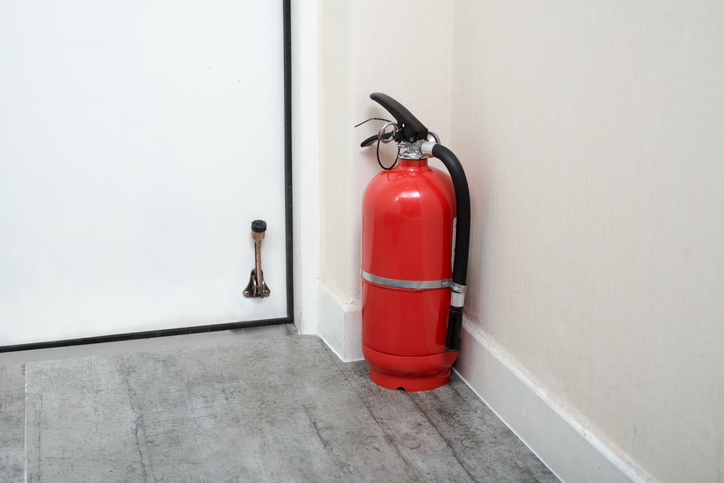
- Smoke and carbon monoxide detectors
Self-explanatory? That’s how it may seem. While these are essentials to have in your full-time home, many times cottage owners don’t include them in their seasonal homes. If you need a little help knowing how to place and maintain a carbon monoxide detector, check out The Power of Prevention: Defending Your Home Against Carbon Monoxide. - Matches, candles, solar panels, and a lighter
Whether it’s for seeing in a power outage in the middle of the night or for some extra help starting a fire if your heating element quits, you’ve got a backup plan! Before you light that match though, here are 7 Candle Safety Tips. - Dry and canned goods
No, this isn’t for late-night snacks. In case you’re stranded in a remote location or unable to visit a store, you’ll have food to last you a few more days—oh, and don’t forget that can opener, too! - First aid kit
This one seems obvious, doesn’t it? You’d be surprised how many households keep a box of Band-Aids and call that their makeshift first aid kit. Depending on the size of the first aid kit you get, most have more than just Band-Aids in them like safety pins, gauze dressings, bandages, gloves, cleansing wipes, and sometimes medications, among various other things.
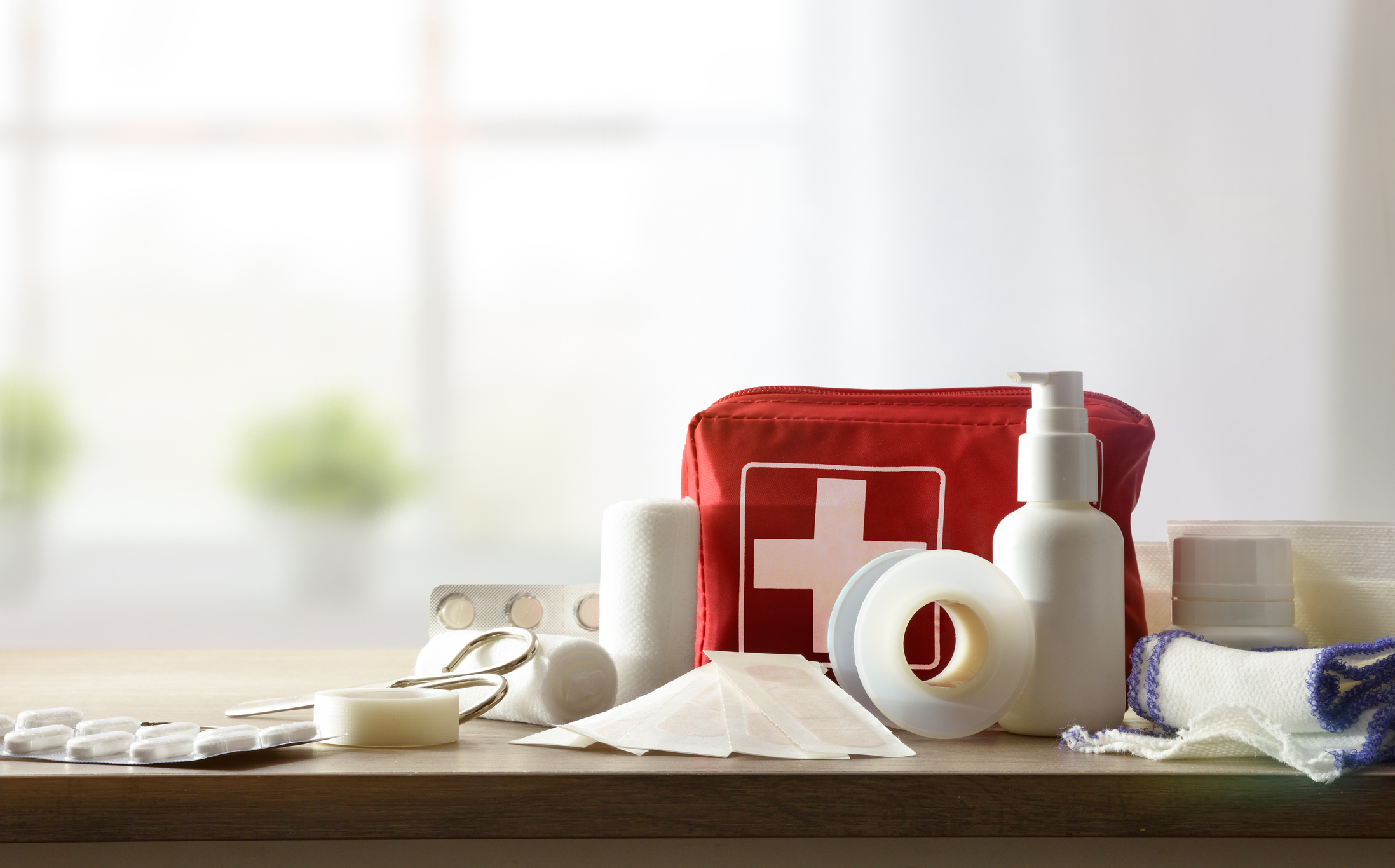
- Flashlights and maps
Yes, phones can do all these things nowadays. But if you’re ever in a situation where you would prefer to preserve your phone’s battery life, having these two things on hand can solve that problem! - Warm clothing
For those cold evenings, having spare clothing that you can leave at the cottage year-round can sure come in handy… especially if you forget to pack them (not that we’re speaking from experience or anything). - Jugs of water and a spare water bottle
This may be one of the most important backstock items to keep in your inventory. While your supply doesn’t have to be overly plentiful, having it versus not having it at all can make a significant difference in combating dehydration.
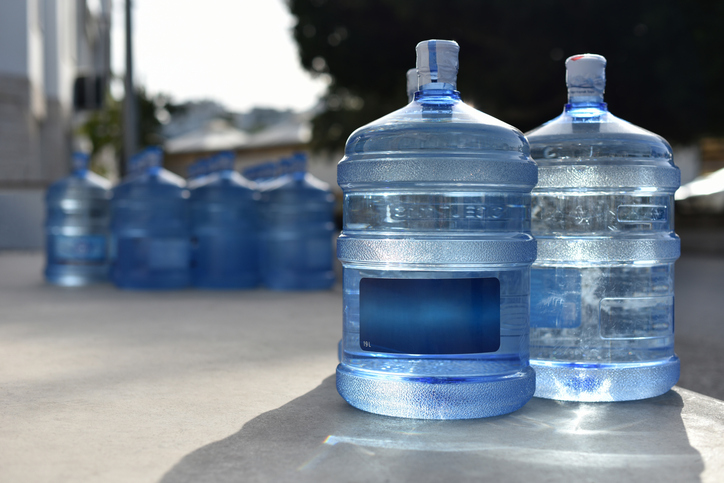
- Extra rechargeable batteries
Yup, for when that flashlight and other supplies go out. If you choose rechargeable batteries, once the power comes back on, you can charge them and store them away again for next time. - Flare gun
If your initial aim in purchasing your cabin was to be remote and isolated… then maybe a flare gun would do some good if you’re ever stranded and need assistance. - Multi-purpose and small tools
Pocket knives, clippers, bottle openers, tweezers, pliers, scissors, the whole sha-bang! Having a multi-purpose tool or a bunch of small ones tucked away for emergencies can help when you’re in a pinch. Get it? Tweezers, pliers, a pinch. - Miscellaneous hygiene products
Extra shampoo, conditioner, soap, and deodorant can go a long way if you end up in a bind at your cabin for a few extra days. But just remember that no amount of hygiene products can wash away the regret of forgetting your toothbrush… maybe keep a spare one of those just in case… - Extension cords and a generator
The ultimate backup plan for when the power goes out! When you have these essential items, you can keep living large during it all. Many cottage-goers don’t have generators, so if you live around others, you may be able to help in ways that are beneficial.

Alright, now you have all the stuff, so where does it go? Everything should be stored indoors. More specifically, in a cool, dry place. This spot should be away from everything else yet in an easily accessible destination in case of an urgent situation. And then, of course, there are situations that a flashlight can’t fix. Below, we have listed some resources that are available in even the most remote of locations:
1. Universal emergency phone number: 9.1.1
2. The Canadian Red Cross’ Personal Disaster, Wildlife Recovery, and Flood Recovery Relief phone number: 1.888.800.6493
3. Government of Canada Emergency Assistance Request
While you can take matters into your own hands in several different emergency scenarios, there are just some things that you can’t protect all by yourself. That’s where property insurance comes in! Sandbox’s Cabin Insurance and Cottage Insurance is offered in Alberta, Saskatchewan, and Manitoba. You can sleep peacefully knowing that even if a moose decides to do some interior decorating or a bear mistakes your pantry for a picnic basket, you’re covered. Our cabin and cottage insurance coverage includes building, contents, premise liability, and detached private structures like bunkhouses, docks, and even boathouses, too. Whether you’re using your place as a holiday escape, a seasonal retreat, or even considering occasional short-term rentals, it’s important to know what your insurance policy does and doesn’t include.
Sandbox makes it easy to understand your insurance, so you’re never left wondering about cost or coverage gaps. So, whether you’re escaping to the outdoors to explore nature or take a break from your regular day-to-day regime, make sure you’ve got all the emergency essentials packed and your insurance coverage in place. After all, you never know when you might need to fend off a hungry bear with nothing but a can of beans and a flashlight.
Please note that the information in this article may not accurately reflect your insurance policy from Sandbox Mutual Insurance or another insurance company. Please refer to your policy or talk to your broker about your specific coverages.

FAQ'S
Do I really need all these emergency supplies if I’m only at the cabin for weekends?
Short answer: yes. Long answer: You never know when a power outage, storm, or curious raccoon-turned-home-invader might strike. Remote cabins don’t always have easy access to stores or neighbours, so having essentials—like first aid kits, flashlights, backup water, and a fire extinguisher—makes your stay safer and far less stressful.
Where should I store all my emergency gear?
Keep everything indoors, in a cool, dry, easy-to-reach spot. Think of it like a treasure chest of survival tools—you want it tucked away safely, but still grab-and-go friendly. Avoid sheds or outdoor lockers where weather (or wildlife!) could get to your supplies.
Does cabin or cottage insurance really make a difference?
Absolutely. Even if you’re the most prepared cabin-goer on the Prairies, some things are simply out of your control—like moose break-ins, fallen trees, or storm damage. Cabin and cottage insurance helps protect your building, belongings, detached structures, and liability, giving you peace of mind while you live your best lake life.

